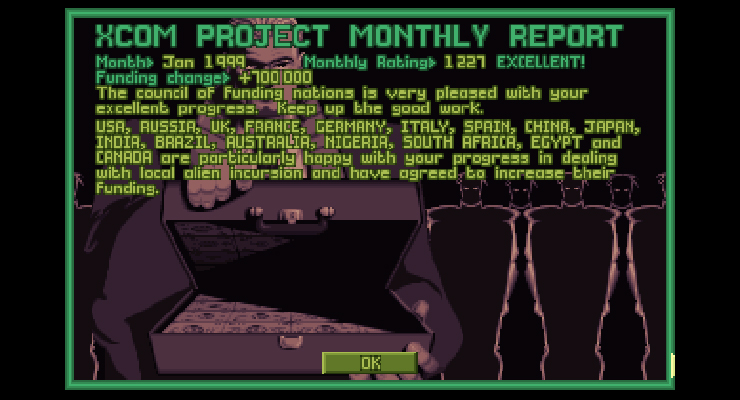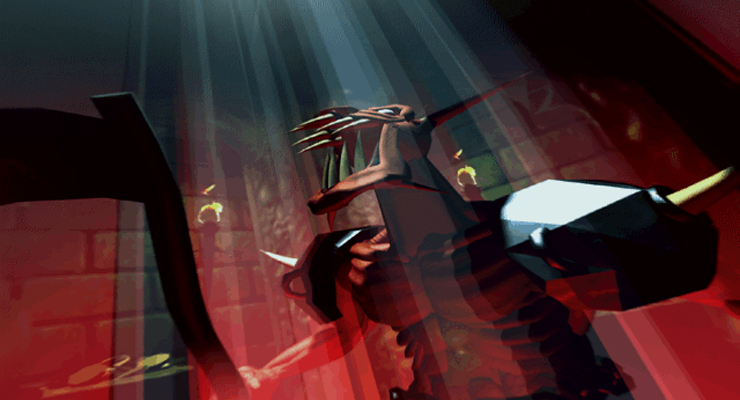X-Com, Dungeon Keeper, Sim City: Video Games that taught me how to run a business
In every gamer’s life, there are special games and key franchises that define them as gamers and even impact their lives outside of the game world. Some of us are Madden Football nuts that buy the same game every year, others wait in line for midnight launches for games like Grand Theft Auto or Call of Duty. The Legend of Zelda franchise specifically helped define my journey as a gamer. However, as a person, founder, and CEO of a budding media company, an entirely different set of games has deeply influenced my life and taught me some valuable lessons about how to run a business…
X-Com UFO Defense
Lesson: Manage your resources well and build up your capabilities quickly
If you can get a foothold in this game and actually make even a little progress before getting frustrated and quitting or being wiped out completely by the enemy, in my book, you’ve got what it takes to run almost any company. X-Com is the perfect blend of economics, politics, resource management, and strategy (and aliens!). It demands that you manage all of these areas excellently, as any imbalance in your management strategy will be exploited by your alien foes and your game will end with the entire planet falling into their hands.
Dungeon Keeper
Lesson: Sometimes you have to get your hands dirty, and you have to be ruthless when protecting your company
Dungeon Keeper requires you to build out your defenses quickly so you have sufficient time to grow your forces, expand your dungeon, and vanquish the do-gooders. In other words, get your house in order and then focus on crushing the competition! While Random Nerds isn’t an evil organization, it is very important to me, so I’m always looking to mitigate risks that threaten our viability.
Dungeon Keeper taught me that just having the right strategy and access to resources isn’t enough to guarantee success; sometimes you have to get your hands dirty, and, in some cases, use brute force to get the job done. I actually view this as my most important function as the CEO, and in some cases it can be the most fun, just like it was years ago when I was running some of the most successful and profitable dungeons around.
Sim City 2000
Lesson: Pay attention to the finer details because at scale, they add up and are often the reason a plan succeeds or fails.
Sim City 2000, as well as the rest of the Sim Cities that came before and after this title, need very little explanation as to why they are the perfect business simulations. I spent countless hours curating my cities, balancing budgets, cutting deals with the military, exporting my trash to neighboring cities, and placing parks throughout my bustling metropolises to keep my residents happy. It was a great way to learn about scalability; you may have a great product or service to offer, but if you can’t scale your business to meet demand, you could lose everything.
Sim City games also taught me the value of collaboration; it’s the cornerstone of any thriving business, and it’s far more effective than ruthless empire building. In Sim City 2000, you couldn’t build the best cities without opening yourself up to your neighbors, considering the opinions of your advisors, and of course, pandering to the residents of your city (clients). In Dungeon Keeper, you could just torture and/or kill anyone that pissed you off, which to be clear, has very limited business applications in the real world.
Submitted To Guide
Like what you read? Share it.
(That helps us.)
Love what you read? Patronize Joe Corbett.
That helps us and the writer.
What is Patronizing? Learn more here.





